Key Trends in NextGen Technology for the Industrial Workforce
1. AI-Powered Predictive Analytics
One of the most impactful technologies, AI, uses machine learning algorithms to predict machinery breakdowns, optimize inventory management, and ensure seamless operations. For example, companies like Siemens have successfully integrated AI to enhance their manufacturing capabilities.
2. Industrial Internet of Things (IIoT)
IIoT involves connecting devices and systems to share critical data. By monitoring equipment health, it reduces downtime and improves operational efficiency. According to McKinsey, IoT in industries can reduce maintenance costs by up to 25%.
3. Robotics and Automation
Robots are no longer confined to simple assembly lines. Advanced robotics can now work alongside humans, handling intricate and hazardous tasks. Collaborative robots (cobots) are a great example, as seen in companies like Universal Robots.
4. Augmented and Virtual Reality (AR/VR)
AR and VR are transforming training and prototyping. Workers can now train in simulated environments, reducing risks and improving their readiness for real-world scenarios. Boeing, for instance, uses AR for airplane assembly.
5. Advanced Communication Through 5G
The rollout of 5G networks ensures faster communication between devices, enabling real-time collaboration and data analysis across geographically dispersed teams.
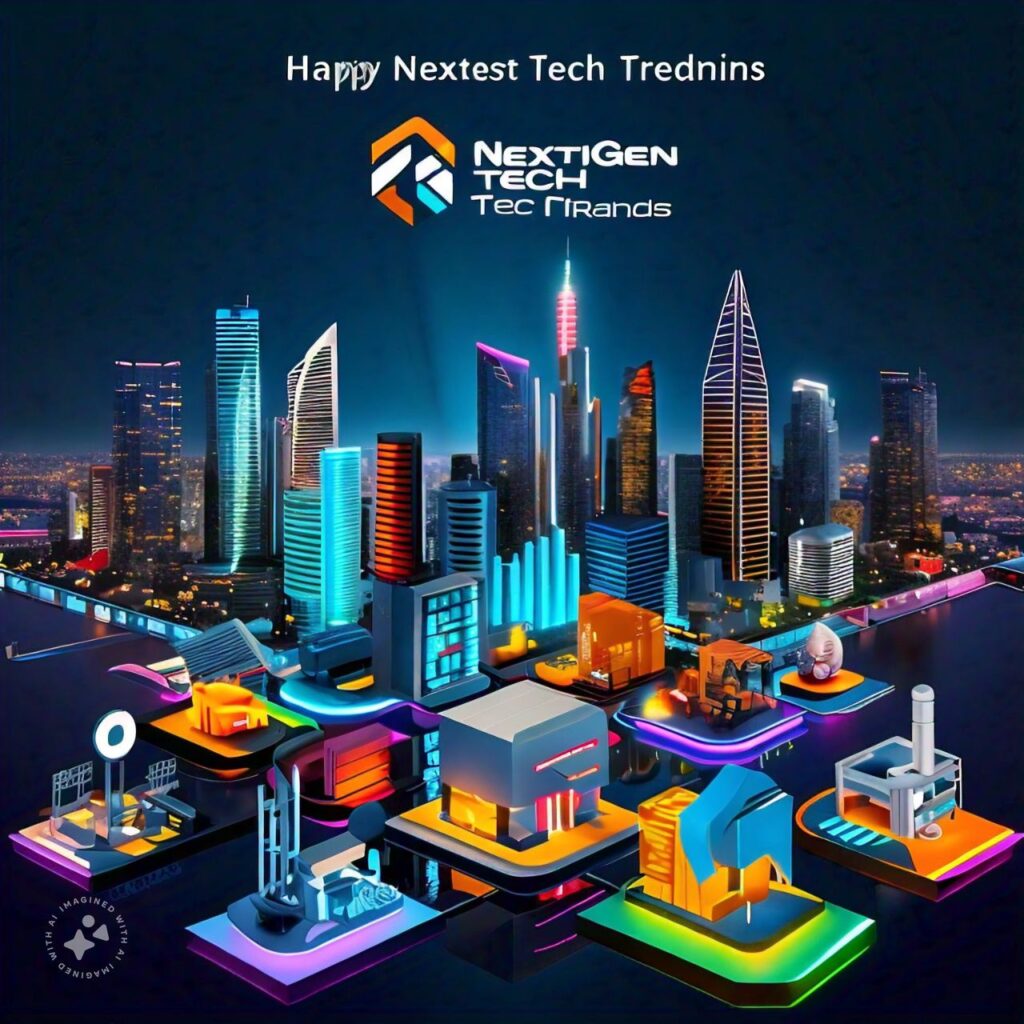
NextGen Tech Trends Industrial Companies Need 2024
How NextGen Technology Benefits Industrial Companies
1. Increased Efficiency
Automated systems reduce human error and speed up production, giving companies a competitive edge in the global market.
2. Enhanced Worker Safety
By delegating dangerous tasks to machines, companies significantly reduce workplace injuries. For example, mining industries now employ autonomous vehicles to minimize risk.
3. Better Decision-Making
With real-time analytics powered by AI, managers can make informed decisions, whether it’s optimizing production schedules or managing supply chains.
4. Sustainability
NextGen technologies like IoT help track energy consumption, reduce waste, and ensure compliance with environmental standards.
Challenges in Adopting NextGen Technology
While the benefits are immense, companies face challenges such as:
- High Initial Costs: Implementing advanced tech requires significant upfront investment.
- Skill Gaps: The workforce must be upskilled to handle new tools and processes.
- Cybersecurity Risks: Increased connectivity can make systems vulnerable to cyberattacks.
Overcoming the Challenges
- Start small with pilot programs to test feasibility.
- Invest in ongoing employee training.
- Partner with cybersecurity firms to secure systems.
Conclusion
As industrial companies embrace NextGen technology, they unlock unparalleled opportunities for growth, safety, and efficiency. By integrating AI, IoT, robotics, and other innovations, businesses can build a future-ready workforce capable of meeting evolving demands.

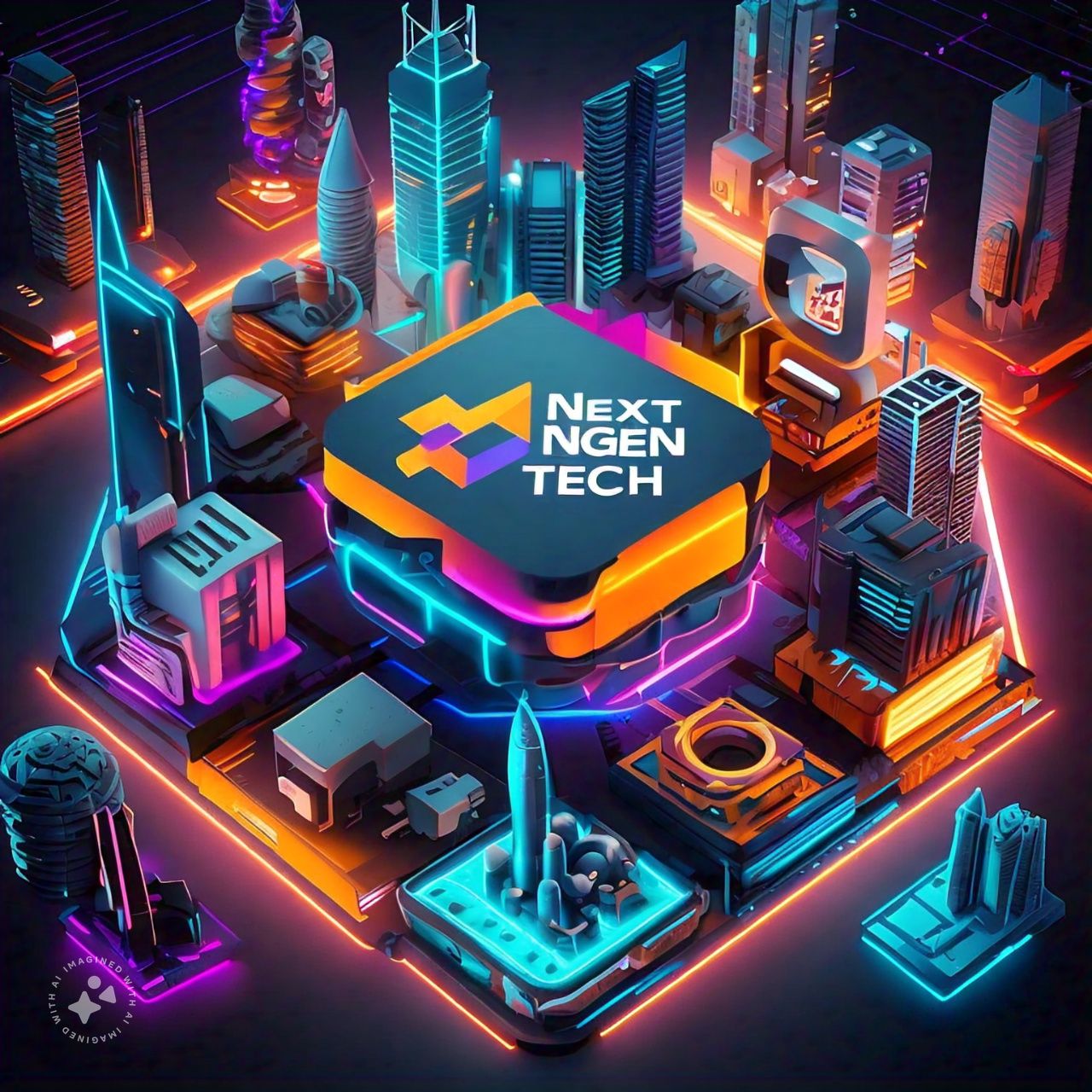




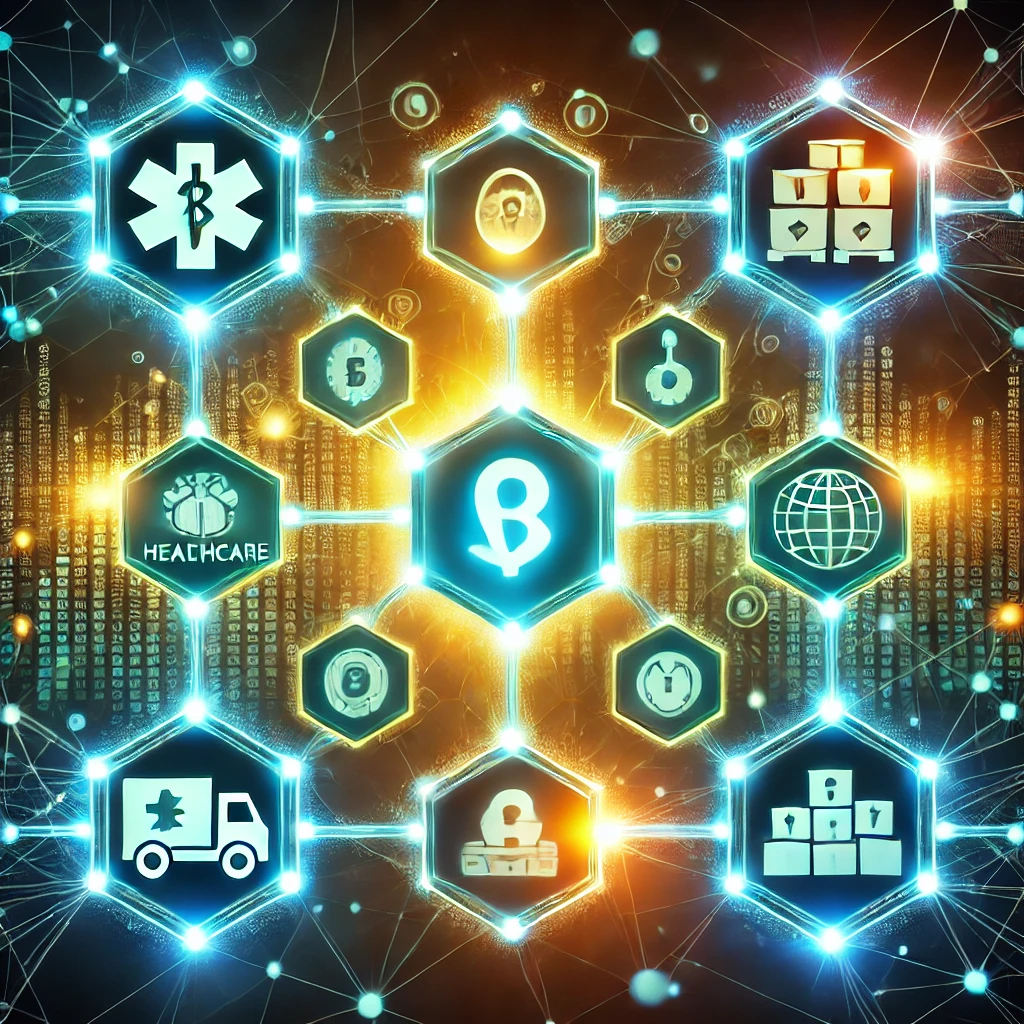
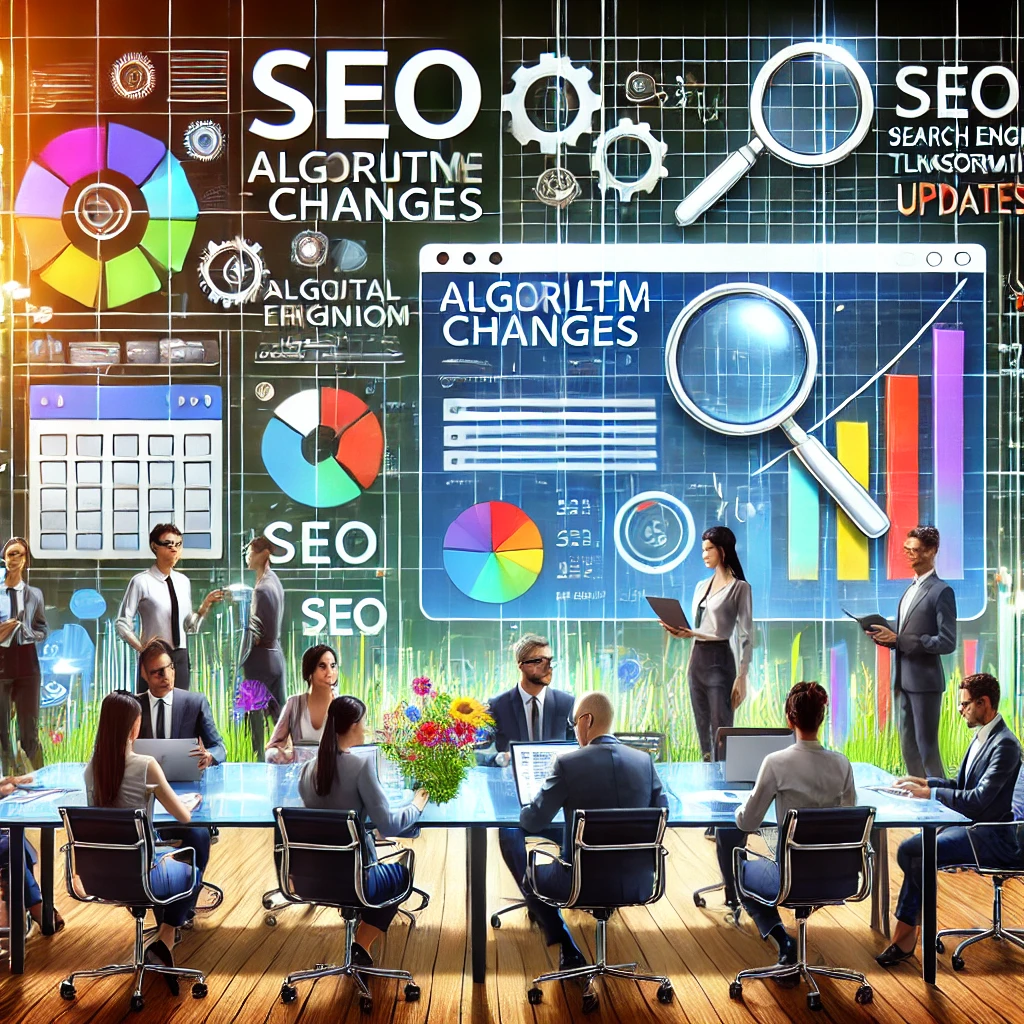

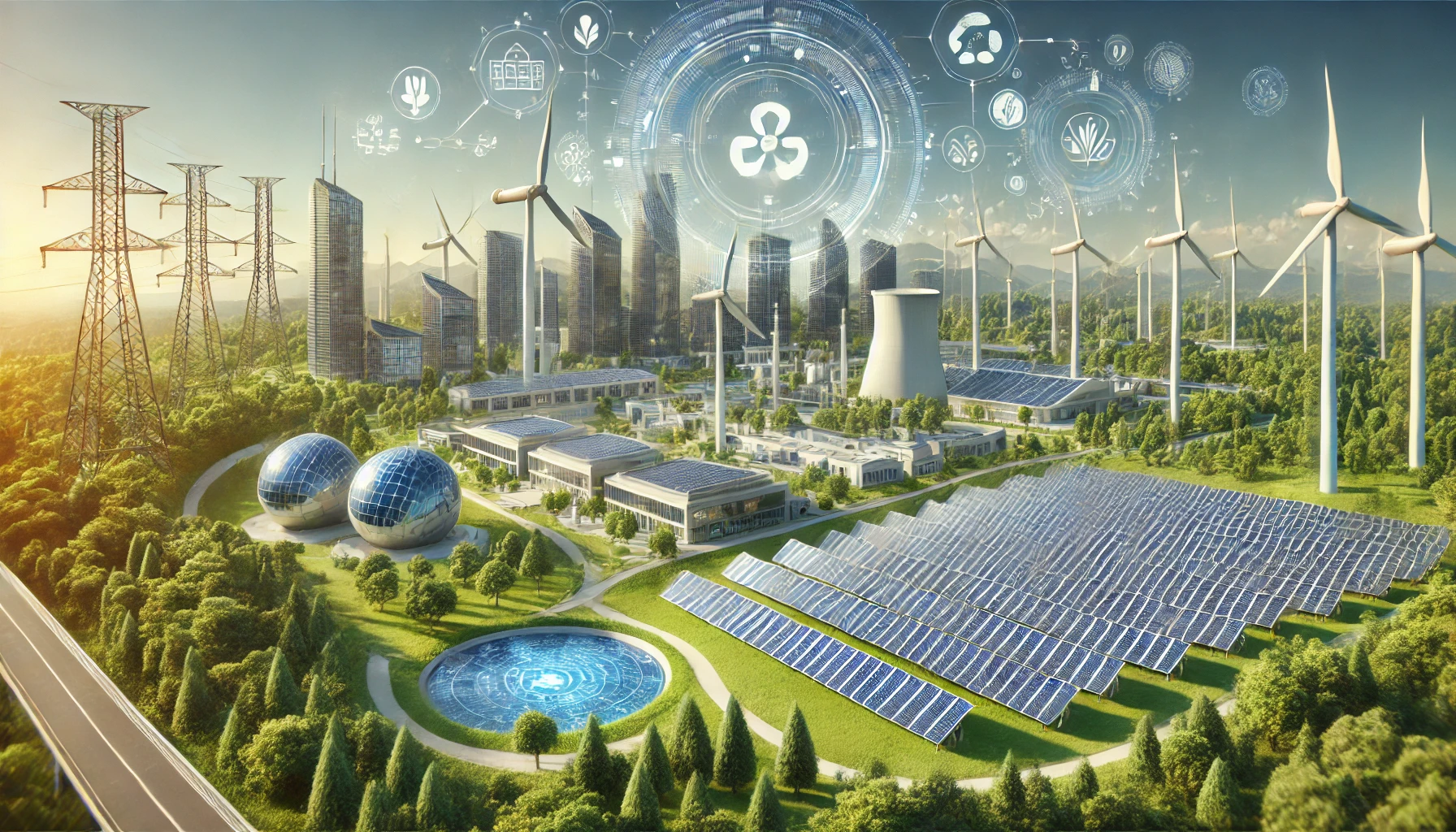



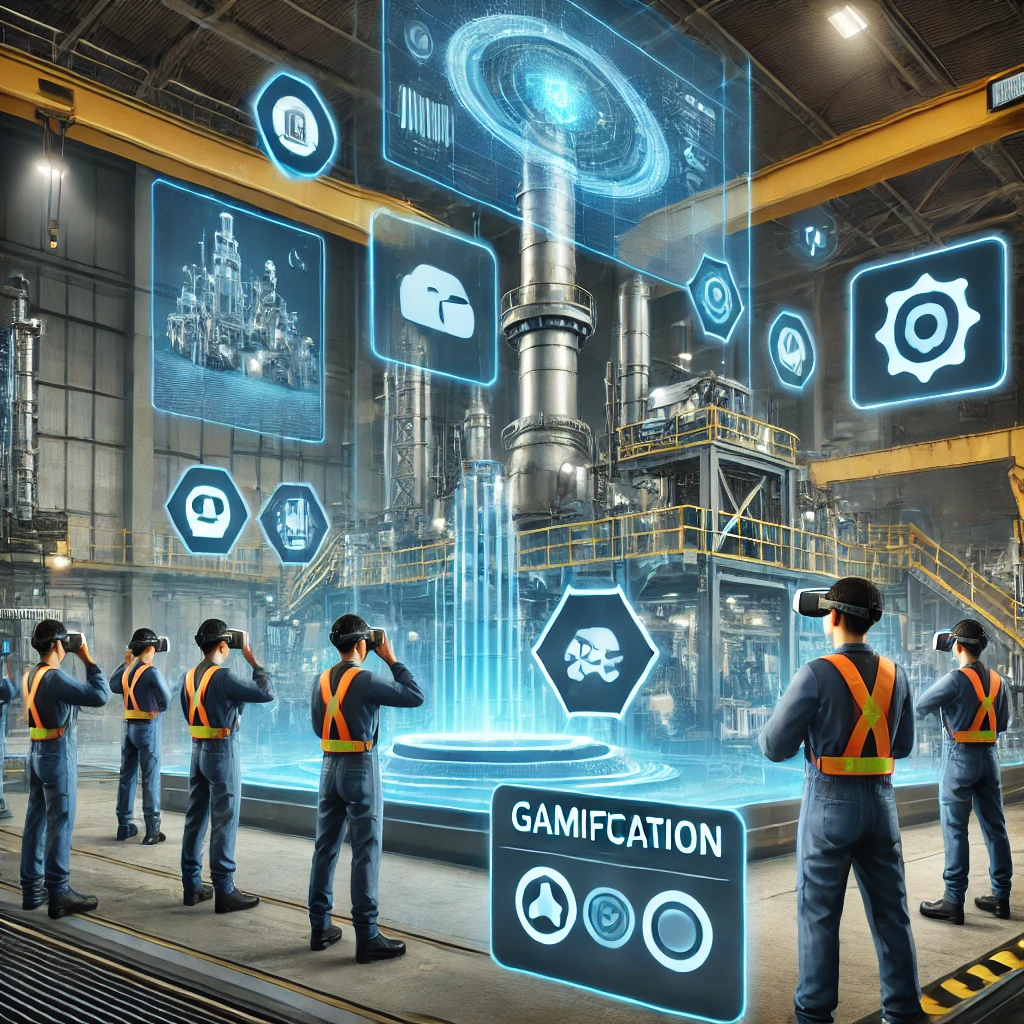
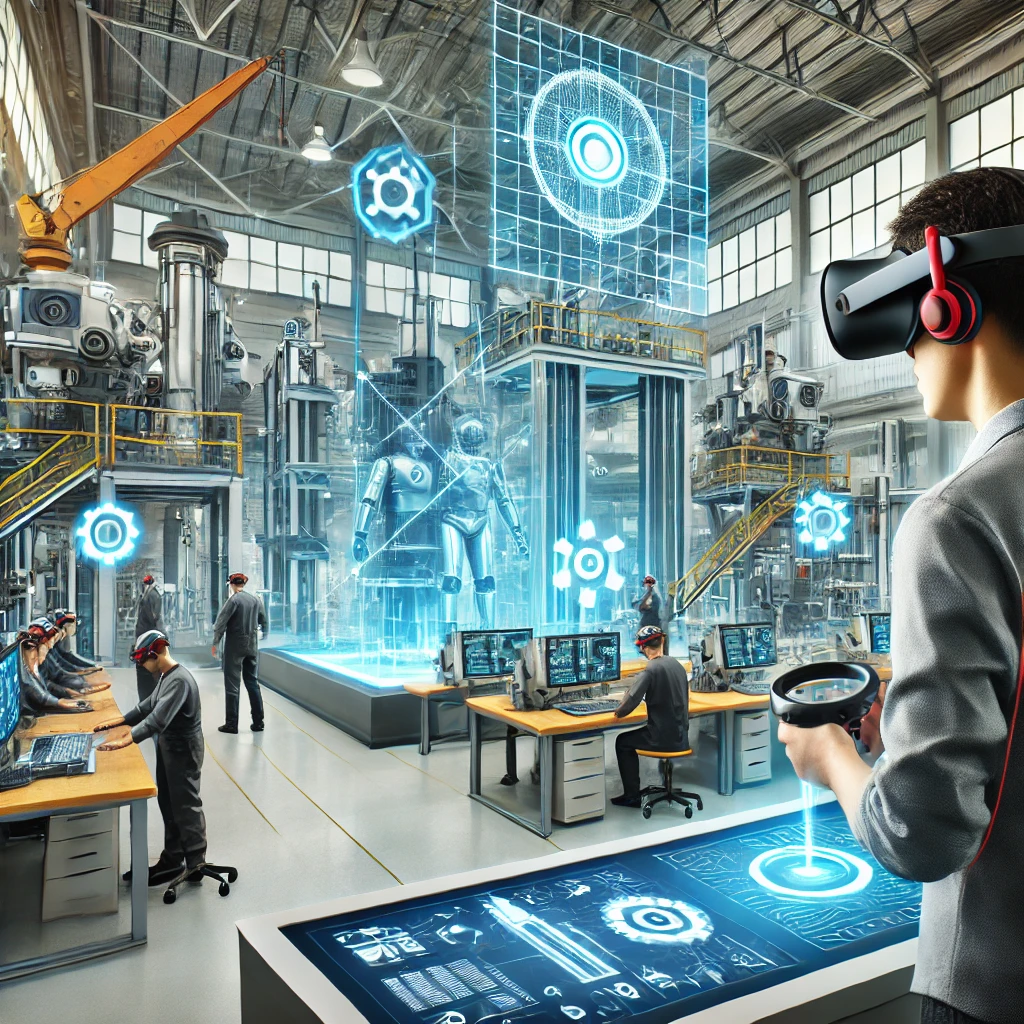
Leave a Reply